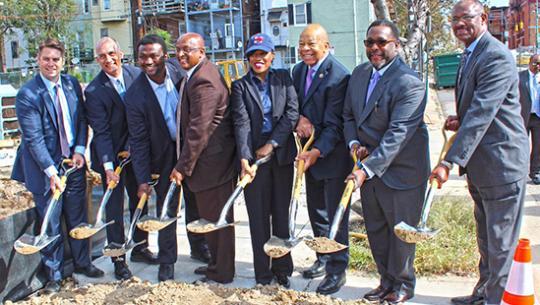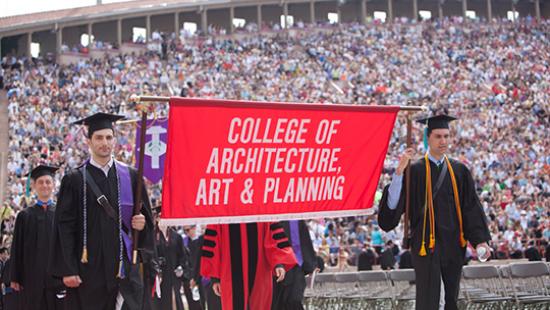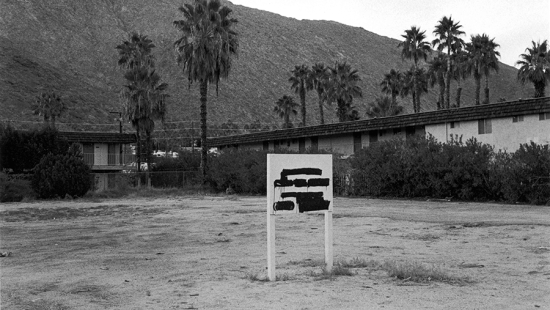Ernst Valery: Development Without Displacement

Bio:
Ernst Valery (M.P.A. '01, B.S. URS '00) is a managing member and president of SAA EVI, and shares overall responsibility for the day-to-day operations and execution of the firm's projects and relationships. Valery has successfully invested in and developed real estate in Maryland, Pennsylvania, New York, and Washington, DC. Valery has been involved with development projects including multi-tenant rental properties, single-family renovations, and condominium conversions.
Valery is the founder and president of SAA EVI affiliate Ernst Valery Investments Corp. (EVI), a private, minority-owned real estate investment firm established in 2001. EVI invests in select underserved and undervalued key emerging domestic real estate markets, defined as urban transitional areas with high residential and retail demand. Valery has extensive experience in affordable and market-rate housing development and investment.
Valery is also active in social entrepreneurship and volunteer work. He collaborates with a team of professionals and graduates from the MIT Community Innovators Lab (CoLab) and Oxfam Great Britain to address housing finance needs in Port-Au-Prince, Haiti. This team also incubates businesses around the world that help alleviate poverty and increase the earning potential of low-income individuals, families, and communities.
Valery graduated from Columbia University's Master of Science in Real Estate Development program. He also obtained a master's degree in policy analysis and public administration and a bachelor of science degree in urban and regional planning with a concentration in international relations, both from Cornell University. Valery is currently the Mel King Community Fellow at the MIT CoLab.
Abstract:
Gentrification is a hotly contested topic that pits the benefits of increased economic activity and urban revitalization against displacement and disruption of existing established communities. This leads to higher-income people capturing increased economic value in low-income neighborhoods while displacing existing low-income residents. This talk includes a brief description of factors that encourage gentrification, population shifts into urban geographies, and the consequences. Ultimately, Valery posits a developer strategy and set of values for increased value capture by existing residents in gentrifying neighborhoods.




